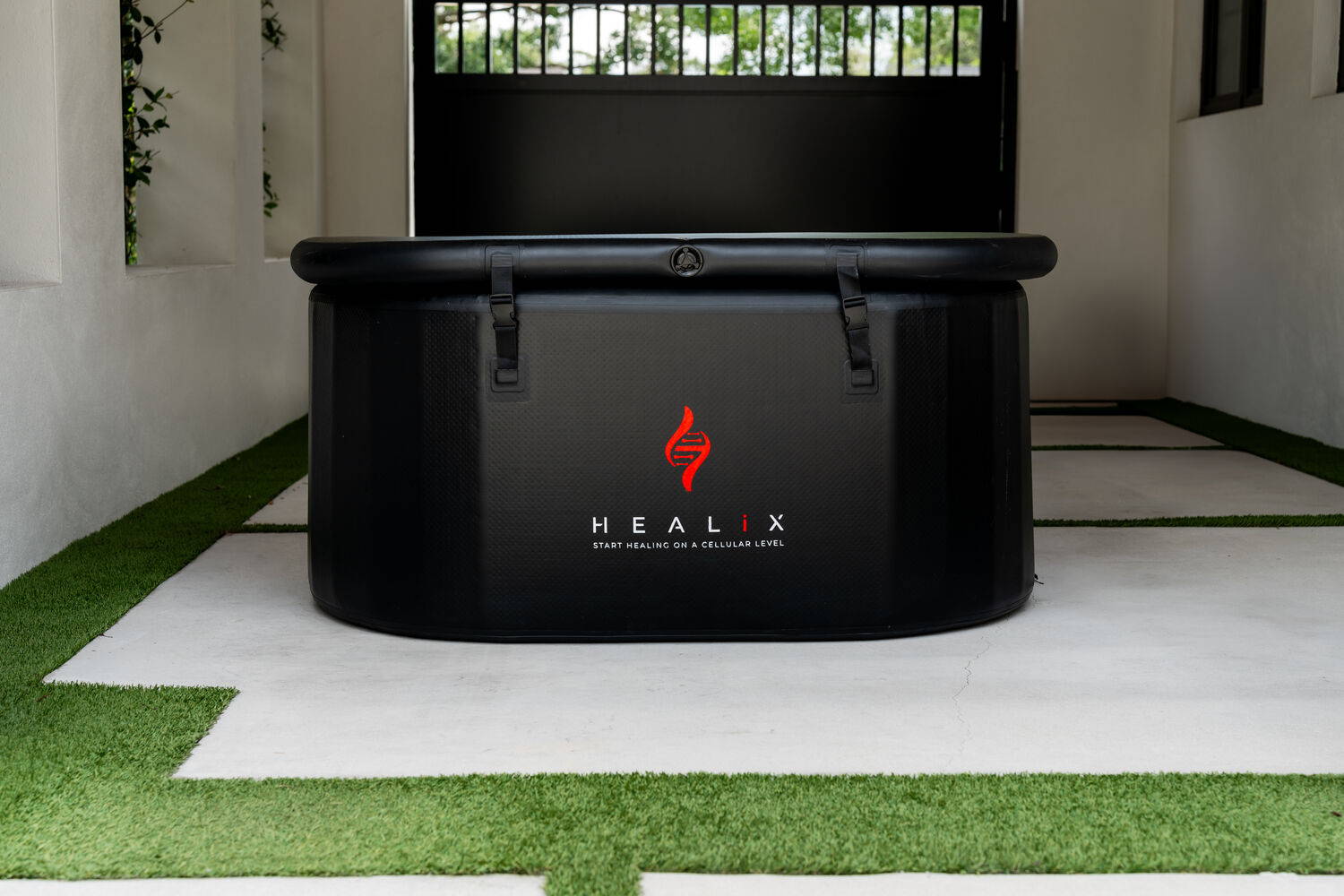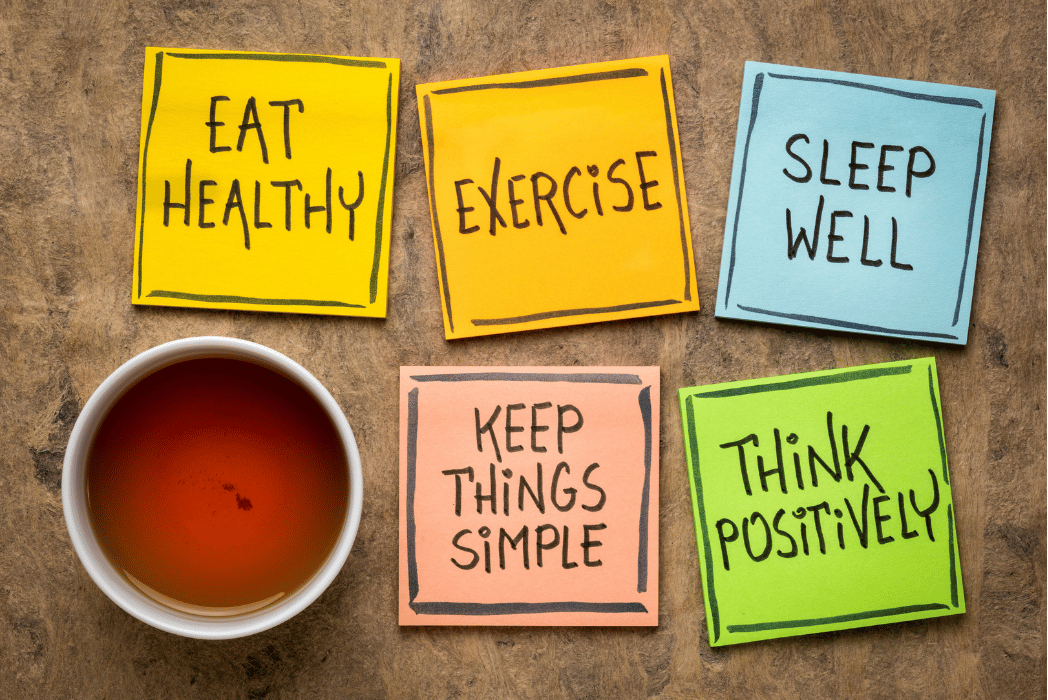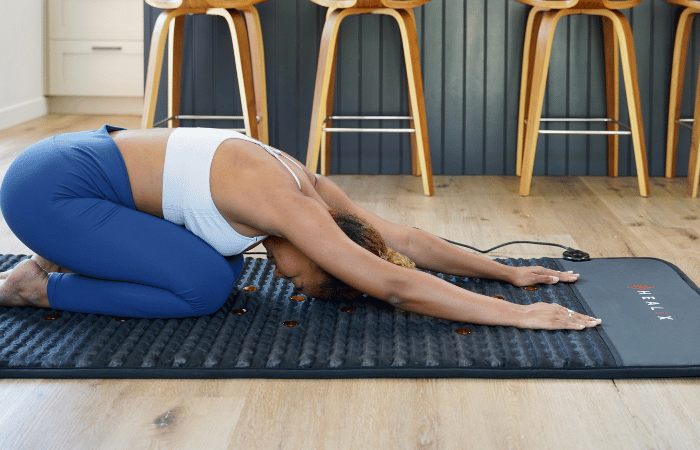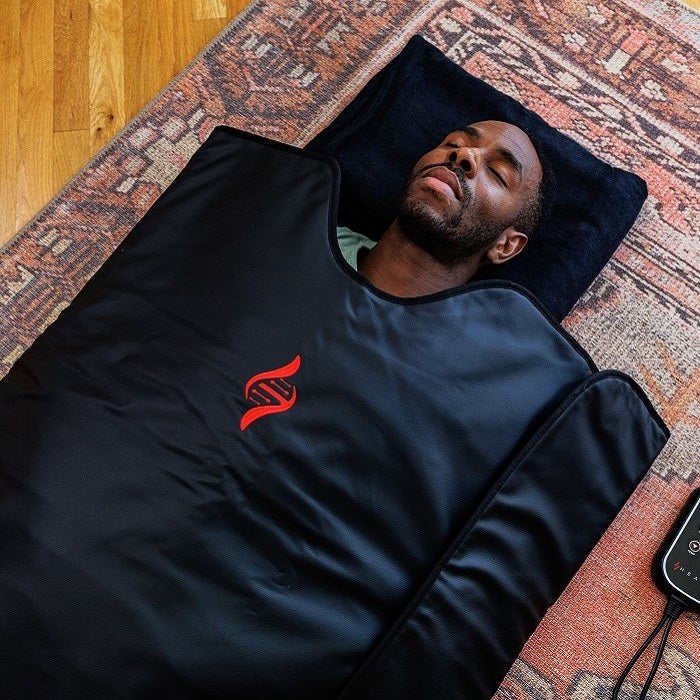Cold Water Immersion: Benefits for Recovery, Circulation & Mental Wellbeing
Cold Water Immersion: Benefits for Recovery, Circulation & Mental Wellbeing

6th November, 2025 | Health
Our bodies take a beating from long work hours, tough workouts, and constant stress. Even a full night of rest often fails to reset the mind and muscles.
People today are searching for practical ways to recover faster, stay focused, and keep their mood steady. One method that has gained attention is cold water immersion. It is not a passing trend or a fancy wellness trick but a simple habit supported by research and used by both athletes and everyday individuals.
By spending a short time in cold water, the body triggers a natural response that boosts circulation, reduces pain, and calms the nervous system. The result is a quicker recovery and a clearer, more relaxed state of mind.
Let’s discuss more about cold water immersion therapy and its benefits.
What Is Cold Water Immersion?
Cold water immersion, often called cold plunge therapy, means submerging the body in cold water for a short time, usually 2 to 5 minutes. The water temperature typically stays between 41°F and 59°F, which is enough to trigger the body’s natural cold response.
When you step into cold water, your blood vessels tighten to preserve heat. Once you come out, they widen again, improving circulation and oxygen flow. This simple process supports energy balance and overall recovery.
Cold exposure also activates the release of endorphins that promote stress relief and better mental well-being. Many athletes use muscle recovery cold therapy to reduce soreness and speed up healing after training.

Key Benefits of Cold Water Immersion
Cold water immersion has become one of the most studied recovery methods in both sports science and wellness research. Its effects go far beyond a simple cold shock, as it supports the mind, muscles, and overall health in measurable ways.
1. Improved Mental Wellbeing and Reduced Stress
Cold water exposure triggers endorphin release, helping lift mood and calm the mind. It activates the parasympathetic nervous system, which steadies breathing and lowers heart rate. Research shows regular cold plunges can ease anxiety and depression³ ⁵.
Studies also report major neurotransmitter changes — dopamine levels can rise by 230% and noradrenaline by 530%, while cortisol decreases, improving focus and motivation⁶.
Recent findings reveal that even a single cold plunge can boost positive mood and reduce negative emotions, supported by both self-reported and brain-imaging data⁷. Together, these responses explain why cold water immersion is so effective for mental wellbeing and stress relief.
2. Pain Reduction and Nervous System Recovery
Cold exposure helps ease pain by slowing nerve activity and calming muscle tension. It also triggers the parasympathetic nervous system, which helps the body move from a state of stress to relaxation. This response supports better recovery and a steady heart rate after intense activity.
As the body cools, cortisol levels drop, reducing overall stress and mental fatigue. For athletes, this means faster recovery and improved focus between training sessions. Research shows that post-exercise cold immersion still reduces muscle fatigue and supports recovery efficiency². These effects make muscle recovery cold therapy useful for anyone looking to relax deeply while giving their body a natural reset.
3. Better Blood Circulation and Oxygen Flow
When the body enters cold water, blood vessels tighten to keep the core warm. After exiting, they expand again, allowing fresh, oxygen-rich blood to flow through the body. This reaction strengthens circulation and enhances nutrient delivery to muscles and organs.
Studies show that cold immersion increases blood oxygenation and supports cardiovascular health, improving how efficiently the body moves oxygen during recovery⁴. Improved circulation also helps clear out toxins, reduce fatigue, and maintain better muscle tone over time.
4. Faster Muscle Recovery and Athletic Performance Support
For athletes, recovery speed directly affects performance. Cold plunge therapy helps flush out lactic acid, minimize muscle stiffness, and speed up recovery between training sessions. It also supports endurance by reducing post-exercise fatigue.
Cold immersion is proven to reduce delayed-onset muscle soreness (DOMS) and fatigue, improving both how athletes feel and how they perform. Research shows clear reductions in perceived exertion and muscle damage markers like creatine kinase and lactate⁸.
It also improves heart rate variability (HRV), a key measure of recovery and stress balance. By supporting the parasympathetic nervous system, cold exposure helps regulate heart rhythm and stabilize blood pressure — key factors for consistent training and long-term performance gains⁹.
5. Improved Insulin Sensitivity and Fat Metabolism
Cold exposure doesn’t just help muscles recover — it can also support how the body handles energy. Regular cold water immersion may increase insulin sensitivity, helping the body manage blood sugar more effectively. Studies show that short-term cold acclimation can activate brown fat tissue (BAT), improving glucose metabolism and reducing the risk of insulin resistance in overweight individuals¹⁰.
Cold therapy also encourages the body to burn more energy by stimulating the release of special lipids and hormones that activate brown fat, often called “good fat.” This process boosts metabolism and supports long-term weight control¹.
By promoting these natural metabolic changes, cold plunge therapy can complement healthy eating and exercise habits, helping people feel more energized while maintaining better balance in blood sugar and fat levels.
Who Can Benefit Most
Cold water immersion isn’t just for professional athletes. It can help a wide range of people who want better recovery, focus, or circulation. Here’s who can benefit the most from making it part of their routine:
● Athletes and Fitness Enthusiasts: Regular cold plunges help reduce soreness, speed up muscle recovery, and maintain peak performance between training sessions².
● People with Poor Circulation: Alternating between constriction and dilation of blood vessels improves blood flow and supports heart health⁴.
● Individuals Managing Stress or Anxiety: Cold exposure activates calming brain chemicals and lowers cortisol levels, improving mental balance³ ⁵.
● Office Workers and Sedentary Lifestyles: Short sessions can stimulate blood flow, reduce fatigue, and energize the body after long hours of sitting.
● Those Recovering from Intense Physical Activity: Muscle recovery cold therapy helps manage inflammation and eases muscle tightness after workouts or physical labor.
● Anyone Seeking Natural Stress Relief or Mood Boost: Cold immersion promotes mental clarity, better sleep, and a greater sense of calm over time.
Safe Practice and Getting Started
Cold water immersion is safe for most people when done with care. The key is to start slow and listen to your body. Begin with shorter sessions of 30 seconds to 1 minute in water around 59°F, then gradually lower the temperature as your body adapts.
Always breathe steadily instead of holding your breath. This helps control the body’s shock response and keeps your heart rate stable. People with heart conditions, high blood pressure, or respiratory issues should speak with a healthcare professional before starting.
After each session, warm up naturally with gentle movement or light stretching instead of jumping into hot water right away. Consistency matters more than duration — a few minutes of cold plunge therapy several times a week can still deliver strong cold water immersion benefits like better circulation, lower stress, and faster recovery.
Closing Thoughts
Cold water immersion is a simple yet powerful way to restore both body and mind. It supports better circulation, eases soreness, and helps calm stress after a long day. Even a few minutes of consistent practice can make a real difference in how you recover and feel.
Whether you train hard, work long hours, or just want a clearer head, cold plunge therapy can help you recharge naturally. It gives your body the reset it often needs but rarely gets.
Those who prefer convenience can also try ready-to-use cold immersion products available in the market today. They make it easier to enjoy the same recovery and wellness benefits at home without complex setups.
References
1. Hanssen, M., Van Der Lans, A., Brans, B., Hoeks, J., Jardon, K., Schaart, G., Mottaghy, F., Schrauwen, P., & Van Marken Lichtenbelt, W. (2015). Short-term Cold Acclimation Recruits Brown Adipose Tissue in Obese Humans. Diabetes, 65, 1179 - 1189.
https://doi.org/10.2337/db15-1372.


